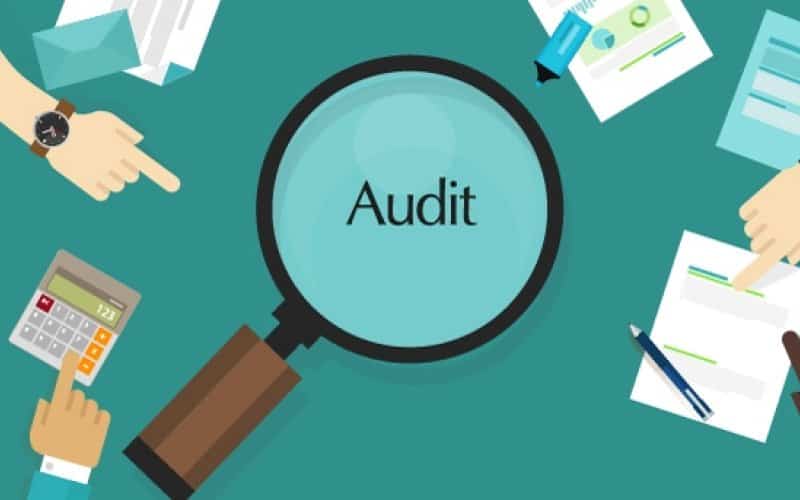Prepare Financial Statements
2020-06-12
Audit Services
2020-08-15

Audit Requirement
What is an audit?
The term audit usually refers to the audit of financial statements. A financial audit is an objective examination and assessment of an organization’s financial statements to ensure that the financial records fairly and accurately reflect the transactions they purport to represent. The audit may be performed internally by employees of the organization or by an outside firm of certified public accountants.
There are three main types of audits.
External Audits, Internal Audits, and Tax Audits.
An external audit is usually performed by a certified public accounting (CPA) firm and produces the auditor’s opinion, which is included in the audit report. An unqualified or clean audit opinion means that the auditor has not found any material misstatements after reviewing the financial statements. An external audit can include a review of the financial statements and the company’s internal controls. Internal audits can be used as a management tool to improve procedures and internal controls.
External audit
An audit conducted by an external body is very helpful in removing any bias in the review of a company’s financial position. A financial audit is designed to identify any material misstatements in the financial statements. An unqualified or clean audit opinion gives users of the financial statements confidence that the financial data is accurate and complete. Therefore, an external audit allows stakeholders to make better and more informed decisions about the company being audited. External auditors follow a different set of standards than the company or organization that employs them for their work. The biggest difference between an internal audit and an external audit is the concept of independence of the external auditor. When an audit is conducted by a third party, the resulting opinion of the auditor on the project being audited (the company’s finances, internal controls or systems) can be candid without affecting the day-to-day working relationships within the company.
Internal Audit
Internal auditors are employed by the company or organization for which they perform the audit, and the resulting audit report is provided directly to management and the board of directors. Consultant auditors, although not employed in-house, use the standards of the company they audit, rather than a separate set of standards. These types of auditors are used when an organization does not have the internal resources to audit certain parts of its own business.
The results of internal audits are used to manage changes and improvements to internal controls. The purpose of internal auditing is to ensure compliance with laws and regulations and to help maintain accurate and timely financial reporting and data collection. It also provides a benefit to management by identifying weaknesses in internal controls or financial reporting prior to review by external auditors.
Tax Audit
From time to time, depending on the circumstances, the IRAS may conduct random checks on the tax returns of companies. The IRAS also has the right to require a company to conduct a tax audit to verify the accuracy of the taxpayer’s returns and specific transactions. When the IRAS conducts an audit of a person or company, it usually has a negative connotation, but does not necessarily indicate any wrongdoing.
Audit principles
Auditing relies on a set of principles to help make auditing an effective and reliable tool to support management policies and controls. Auditing provides organizations with information to take action to improve their operational performance.
1. Integrity: the basis of professionalism.
2. Fair presentation: the obligation to report truthfully and accurately.
3. Due professional care: the application of diligence and judgment in auditing.
4. Confidentiality: information security.
5. Independence: the fairness of the audit and the basis for the objectivity of the audit’s conclusions.
6. Evidence-based: a sound methodology for arriving at reliable and repeatable audit conclusions in a systematic audit process.


Accounting and Corporate Regulatory Authority of Singapore licensed corporate advisory firm.
Singapore Company Registration, Annual Return, Accounting & Tax
Trademark Registration, Corporate Advisory, Serviced Offices.
6 Raffles Quay,#14-02, #14-06, Singapore 048580

